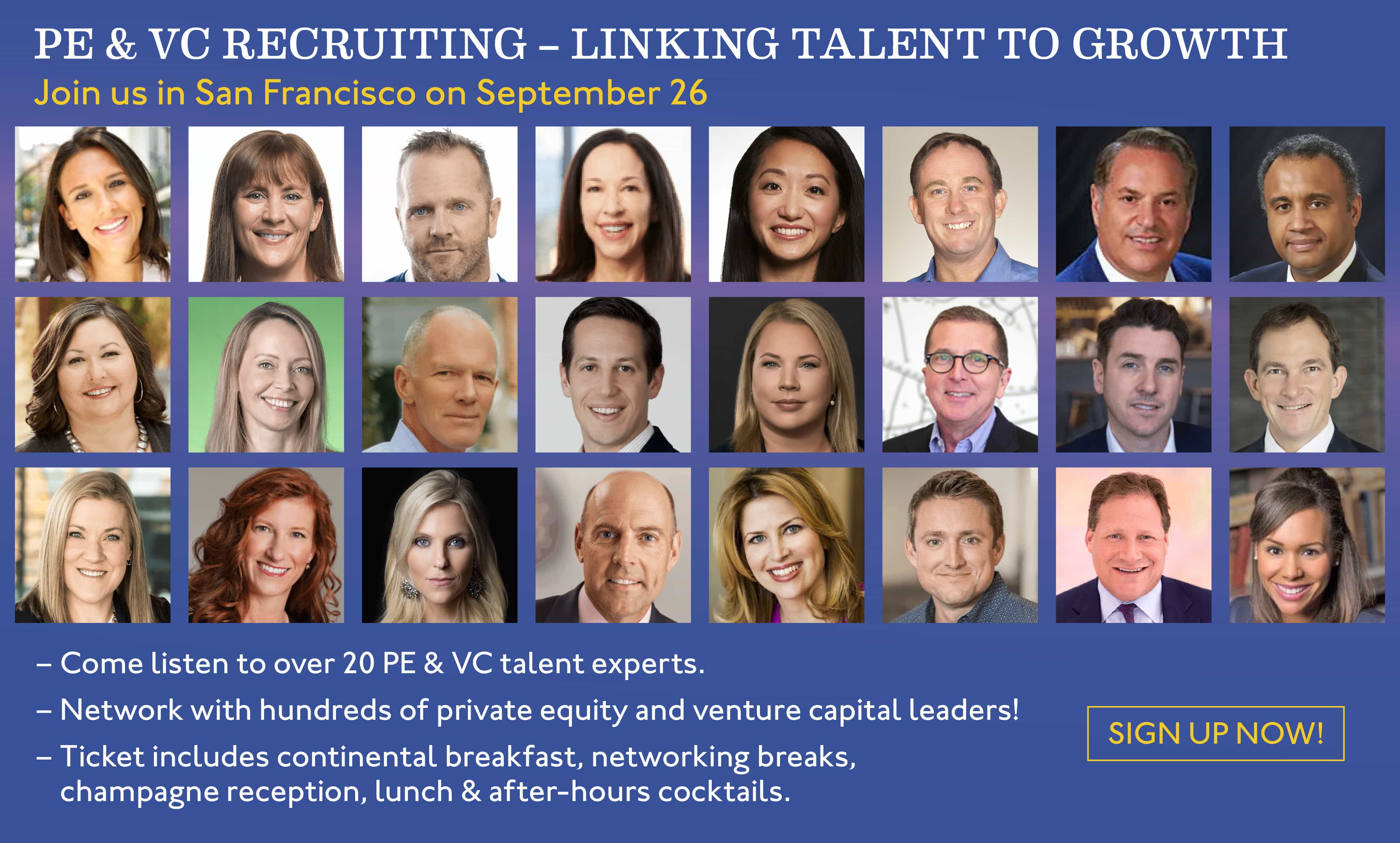5 Lies That Recruiters Hear Everyday and How to Avoid Them

August 13, 2019 – A top recruiter should be a trusted advisor in your job search. But this only works well when you, as the candidate, are honest about the facts concerning your career.
A new report by Elizabeth Webster Felix of WinterWyman gives five of the most popular lies recruiters commonly hear — and why it’s important to avoid them.
1. The reason you left your previous role
This one comes up often. “Being fired does not make you a bad candidate,” said Ms. Felix. “It’s a difficult conversation to have, but it’s important to be truthful about the real reason you left your last role. Some of the brightest and most successful people in the world, in fact, have been fired at some point in their careers. It is only debilitating to your job search if you lie about it.”
A proficient recruiter can help you figure out how to relay this information appropriately in an interview and present yourself in the best light, she said. “When you bend the truth, it creates anxiety and can negatively affect your performance,” she said. “If you are open, you’ll be prepared for the reference checks and employment verifications, and the possibility the companies you are interviewing with may have someone in their network from your old company. I realize it can be scary to share this information with your recruiter, but the more we know, the better we can help you.”
2. Your interest in a role we are presenting you
The advantage of working with a recruiter is having another set of eyes looking for positions that are in line with your background. “While we always strive to make the best possible matches, there are times when we present a job that might not be appealing to our candidates,” Ms. Felix said. “Saying no will not hurt our feelings or make us angry, and we will certainly not stop calling you on new positions. It will save time – yours, the company’s, and your recruiter’s.”
“There is no sense in setting up an interview if you know you won’t accept because the commute is too long, the pay is too low or any other reason,” she said. “If we call you on a job that isn’t right for you, just tell us so, and tell us why so we can fine-tune our searches.”
 Speaking Truth, for the Most Part, to Power
Speaking Truth, for the Most Part, to Power
In executive recruitment, as in life itself, individuals from every part of the hiring equation – recruiters, clients, and candidates – sooner or later face the tough question of how truthful they should be under certain circumstances. Usually, such issues arise when what one wants stands to be road-blocked by an uncomfortable or awkward reality.
3. Your job search and interview activity
If you are busy interviewing and using multiple resources for your job search in addition to your recruiter, that’s a good thing. “Not only do you have more opportunities to land a job, your interview activity can, at times, serve as leverage,” Ms. Felix said. “If your recruiter is aware of exactly where you are in the interview process for other companies, it can help with negotiating or getting a hiring manager to move faster with their decision about you. I will not stop trying to get you a role if you are in the interview process for other jobs.” When your recruiter is aware of your activity, it will only help you and your search.
4. Your skillsets and information on your resume
“Not everyone is an Excel wizard or has used every software on the market,” Ms. Felix said. “There is a job out there for everyone at every level. Be honest with yourself and your recruiter about what you can and cannot do, or what you have and have not done. Eventually, you will be asked to showcase your skills. If you have misrepresented your abilities to land a job, you will end up at square one.”
“Don’t waste your time trying to convince your recruiter you have used a software or done a job function if you have not,” she said. “Misrepresenting your past experiences to try to become a more ‘desirable’ candidate is just prolonging the process of finding a job that is the right fit for you. Avoid attempting to mold yourself into the candidate that is right for the job. Instead, find a job that is already perfect for you.”
5. Your salary requirements
“It is a common misconception that recruiters are trying to lowball candidates to make more money,” Ms. Felix said. “The truth is, most of the time, the more money you make, the more money we make. My goal is to get you the highest rate possible. The fact is, what you were last earning does not always dictate what you will make in your next role. If you feel you are currently underpaid, there is a chance you are, so when talking about your salary expectations, be honest,” she said. “As I said, I want to get you the highest rate possible. However, I don’t want to overlook you for your dream job because it is paying $5,000 lower than your minimum.”
 10 Tips for Networking with an Executive Recruiter
10 Tips for Networking with an Executive Recruiter
As invaluable as executive search firms are for companies, they can also make a tremendous difference in the careers of professionals who are in the market for a new job. Tapping into a recruiter’s help calls for forethought as well as networking skills.
“While it may be tempting, avoid telling these popular lies at all costs. Looking for a new job is not an easy task, and no one understands that more than a recruiter,” said Ms. Felix. “We are here to partner with you to assist you in your job search. Just like any other good relationship, this is built on trust. Be selective about the recruiters and search firms you work with. Then, once you find him or her, lay it all out there. The more we know the easier it is to find you a job.”
Search Consultants Weigh In
“Most recent surveys about the important traits of a senior-level executive have integrity and honesty at the top of the list,” said Dave Westberry, managing director of BridgeStreet Partners. “As a retained search consultant, we serve as the client company’s advocate and trusted advisor.”
Accordingly, he added, “learning that a candidate has not been straightforward, open and honest about anything in their background will seriously jeopardize, if not eliminate, them from being introduced to the client company.”
Joseph Hunt, managing partner of Hunt Executive Search, said reciprocal transparency is required to assure a win/win relationship between stakeholders in the employment process. “Most recruiters are not trying to jam a square peg into a round hole, and alignment around all the important variables is critical to fit and sustainable success on the job,” he said.
“Being anything less than transparent doesn’t serve anyone’s best interest and misrepresenting even the smallest fact will most certain backfire when the truth is learned later in the process or worst, if a mis-hire occurs, which causes unnecessary and avoidable pain and suffering for both the employer and candidate,” he noted.
“We are like doctors: you must tell us the truth and the entire truth. If there is something bumpy in your career, we see what the best cure is and how to fix it,” said Jorg Stegemann, managing partner at Apollo Executive Search and founder of Kennedy, a global network of independent retained search boutiques. “The two moments where candidates lie is: a) salary and b) reasons for leaving. And in order to find out, we’ll ask these at several times (first call, second call, interview etc.). When candidates lie, they give inconsistent answers. As recruiters we look for two things: 1) consistencies (communication as said but also between the candidate profile and the client’s expectations) and 2) inconsistencies. Inconsistencies are a bad thing and in most cases we will not move forward with that specific candidate.”
“A normal shortlist of candidates will consist of three to five candidates,” said Mr. Stegemann. “But only one will get the job and two to four will get a ‘no sorry.’ At that point, we only ask ourselves if we want to work with that candidate again: How was the communication? Respect? Reliability? And, of course, were there any lies in the process? Indeed, we may present a candidate who did not make it with client A in a future search. But of course only if they played on eye level,” he said.
Contributed by Scott A. Scanlon, Editor-in-Chief; Dale M. Zupsansky, Managing Editor; Stephen Sawicki, Managing Editor; and Andrew W. Mitchell, Managing Editor – Hunt Scanlon Media












